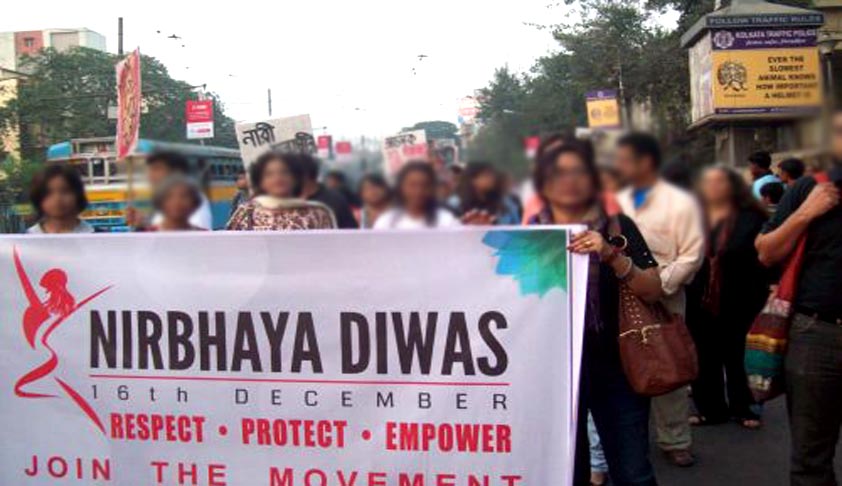- Home
- /
- Cover Story
- /
- Taking stock after two years of...
Taking stock after two years of Nirbhaya
T.Mohan
16 Dec 2014 7:29 PM IST
The Nirbhaya rape case in New Delhi, which caught international attention and shook the conscience of the capital city highlighted major lacunae in India in protecting women. It seemed to be the only topic that anyone referred to as soon as India was mentioned.Unfortunate though it is to mention, this incident was neither the first nor the last. Infact, it has been two years since the case...
Next Story



